Content
Free Mental Health Assessment
Young Adults Are Taking More Hallucinogenic Drugs—Here’s What a Psychiatrist Wants Them to Know

Written by Daniel Z. Lieberman, MD
Published 08/25/2023
Hallucinogenic drugs, such as LSD and psilocybin (“mushrooms,” “magic mushrooms,” “shrooms”), and drugs with hallucinogenic effects like ketamine, are at the center of some of the most exciting research being done in the field of mental health.
And while hallucinogens, also known as psychedelics, may turn out to be an important advance in the treatment of mental illnesses, the excitement and attention these drugs have received has also been accompanied by increased use among young people.
In just a few years, the use of mescaline, peyote, and mushrooms among young adults (ages 19-30) has nearly doubled, a new study found, while frequency of use has stayed about the same. Use is higher among males and those in families with higher socioeconomic status.
These drugs have been glorified and demonized. When they first became popular, some claimed they opened users' eyes to a spiritual reality that lay just beyond the boundaries of ordinary perception. Others viewed them as dangerous substances that were a threat to social order and led to moral degeneration.
Today, they’re often featured in popular TV shows and documentaries, like Hulu’s “Nine Perfect Strangers” starring Nicole Kidman and Netflix’s “How to Change Your Mind” with Michael Pollan.
At first, LSD was legal for medical and research purposes. But in 1970, the FDA classified it as a schedule I controlled substance, which made it illegal to manufacture, distribute, or possess. Research on this fascinating drug came to a grinding halt.
Nevertheless, interest in the potent effects these drugs have on the mind continued, and in the early 2000s advocates began pushing the FDA to loosen the regulations.
In more recent years, “microdosing” has become a popular trend among young people. Very small doses of hallucinogens are being used to increase creativity and improve mood. The small amounts of the drugs may make users think there’s no danger, and researchers still don’t know if the technique has any benefit.
Content
Hallucinogens For Anxiety Treatment
In 2006, permission was granted to The Multidisciplinary Association for Psychedelic Studies (MAPS) to test psychedelics in patients with life-threatening illnesses who were suffering severe anxiety. The results were striking.
After only two sessions, patients reported that their anxiety was substantially reduced and the gains were maintained at 12 months. A number of these studies were performed, and four volunteers were given in-depth interviews to learn about their experiences.
One volunteer was a man in his 20s. His cancer was in remission, but he was tormented by fear, constantly worrying that it would return. He felt that “God had failed him,” and that his “sense of bodily invulnerability had been shattered.”
During the psychedelic-assisted therapy, he says he met a spirit guide, who later transformed into his father and reassured him that everything would be OK. He also says he met a number of loved ones who had died, and they all shared their love for him. After it was over, he felt more connected to his body and was able to accept its vulnerability.
A woman in her 50s with breast cancer that had spread to her lungs suffered from depression, death anxiety, hopelessness, and demoralization. She told the interviewers that during her psychedelic experience she had been “surrounded by the cosmos, spirits and light.” She had a vision of a giant wheel, which symbolized “the circle of life,” and she had the insight that “life comes from death and death comes from life.” The experience made her feel ready to “surrender willingly when my time came.”
More recently, the use of psychedelics has been expanded to treat all kinds of depression and anxiety. An analysis of 4 trials of patients with anxiety and/or depression, treated with psilocybin and behavioral modification, found a significant beneficial effect. The researchers recommend additional study.
Although hallucinogens have not been associated with physical harm or an increased risk of mental health problems, they are powerful substances, and it’s not a good idea to experiment with mind altering drugs unless you’re under the care of a trained professional.
No psychedelic has received FDA approval, but there’s so much excitement surrounding these drugs that people are jumping right in and taking significant risks by visiting overseas clinics where the legal status of these drugs is more permissive.
That may not be a good idea. Although these drugs appear to be generally safe, there will always be people who will have a bad response to any kind of treatment, and we don’t yet know how to identify these people.
I once met a middle-aged man who had participated in a clinical trial of psilocybin at Johns Hopkins University. The experience led to a chronic state of low-level depression and a loss in interest in the world around him, which lasted for years.
As a psychiatrist, I won’t recommend this kind of treatment to my patients until enough studies have been done to get FDA approval. That may happen soon, possibly as early as 2024. Things are moving rapidly, and it may not be long before communing with spirits and becoming one with the circle of life is as common as getting a prescription for Prozac.
This article is for informational purposes only and does not constitute medical advice. The information contained herein is not a substitute for and should never be relied upon for professional medical advice. Always talk to your doctor about the risks and benefits of any treatment. Learn more about our editorial standards here.
Related Articles
Related Conditions
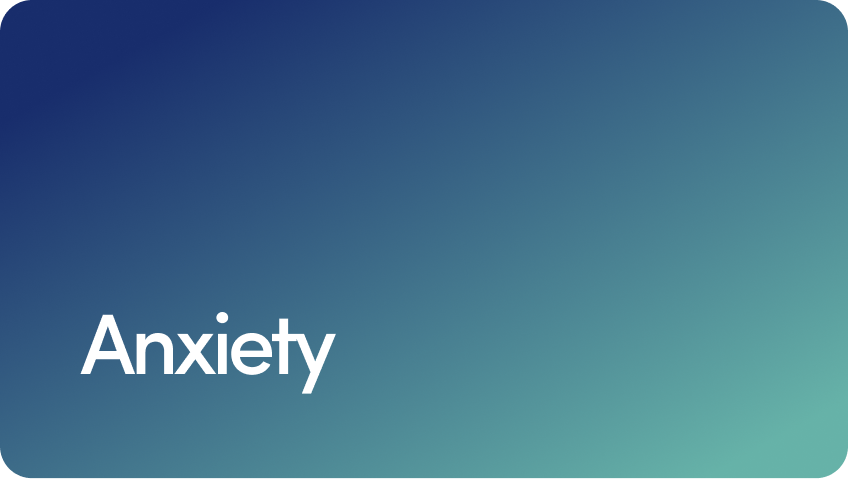 Anxiety
Anxiety
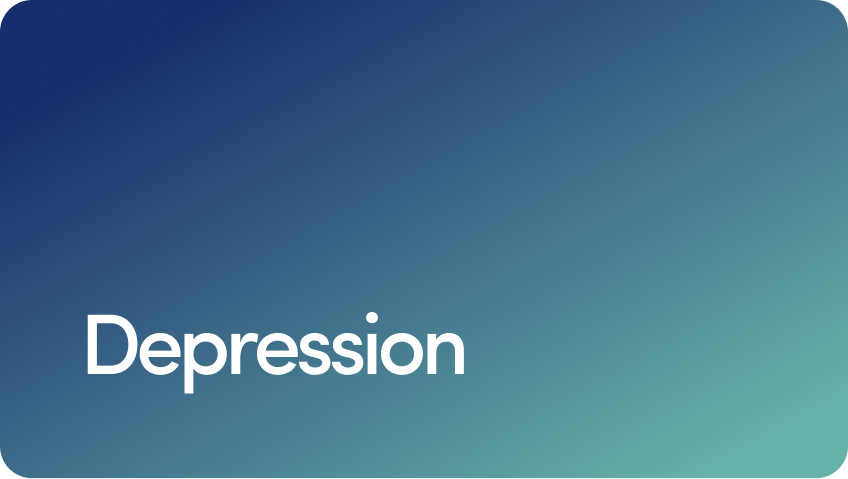 Depression
Depression
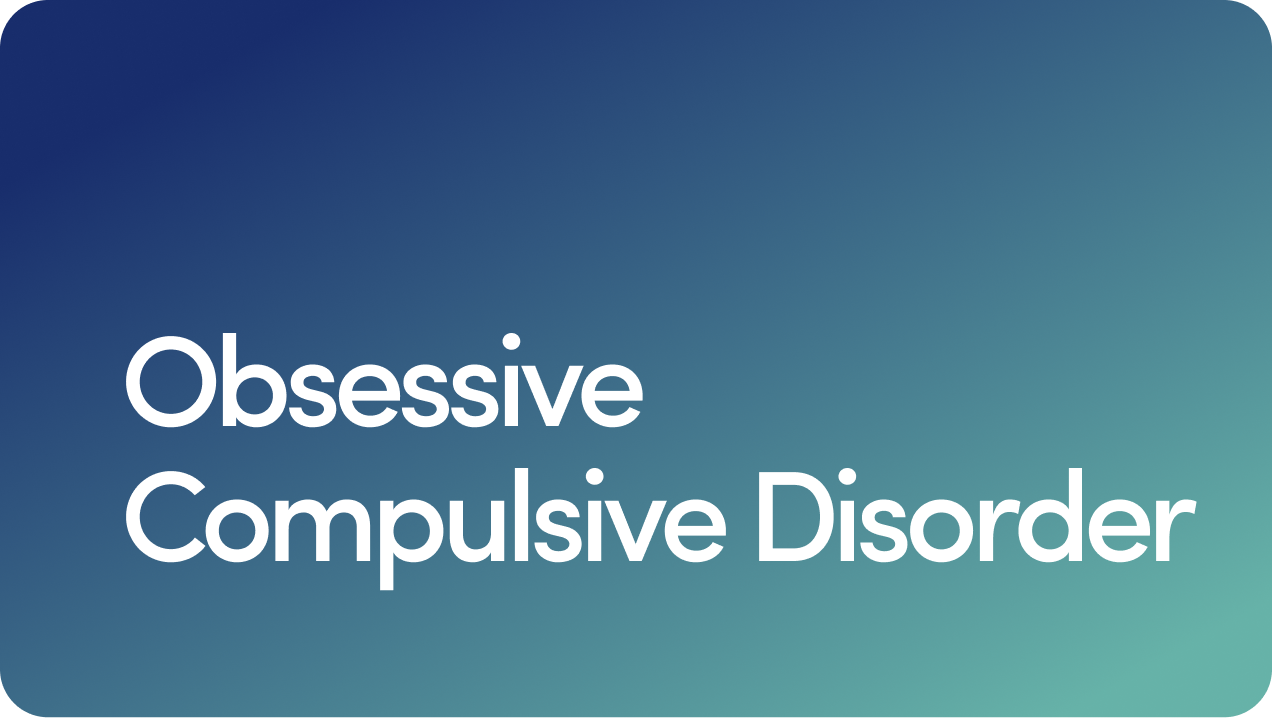 OCD
OCD
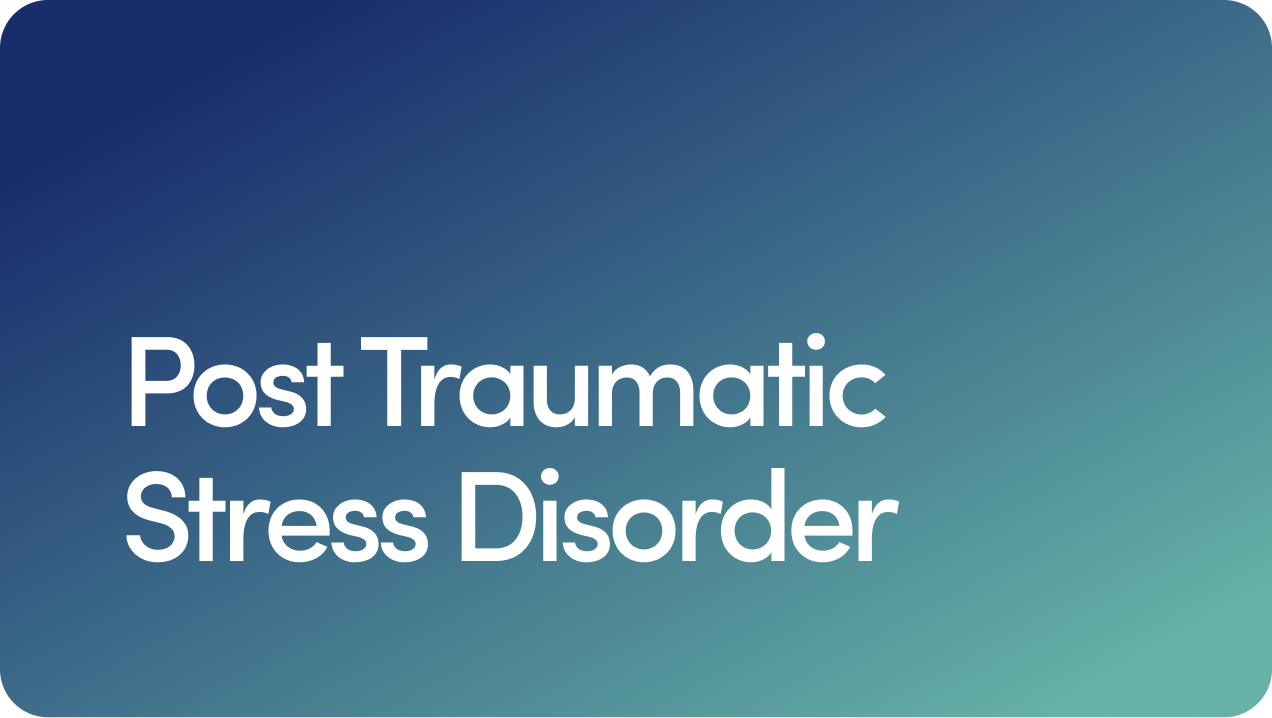 PTSD
PTSD
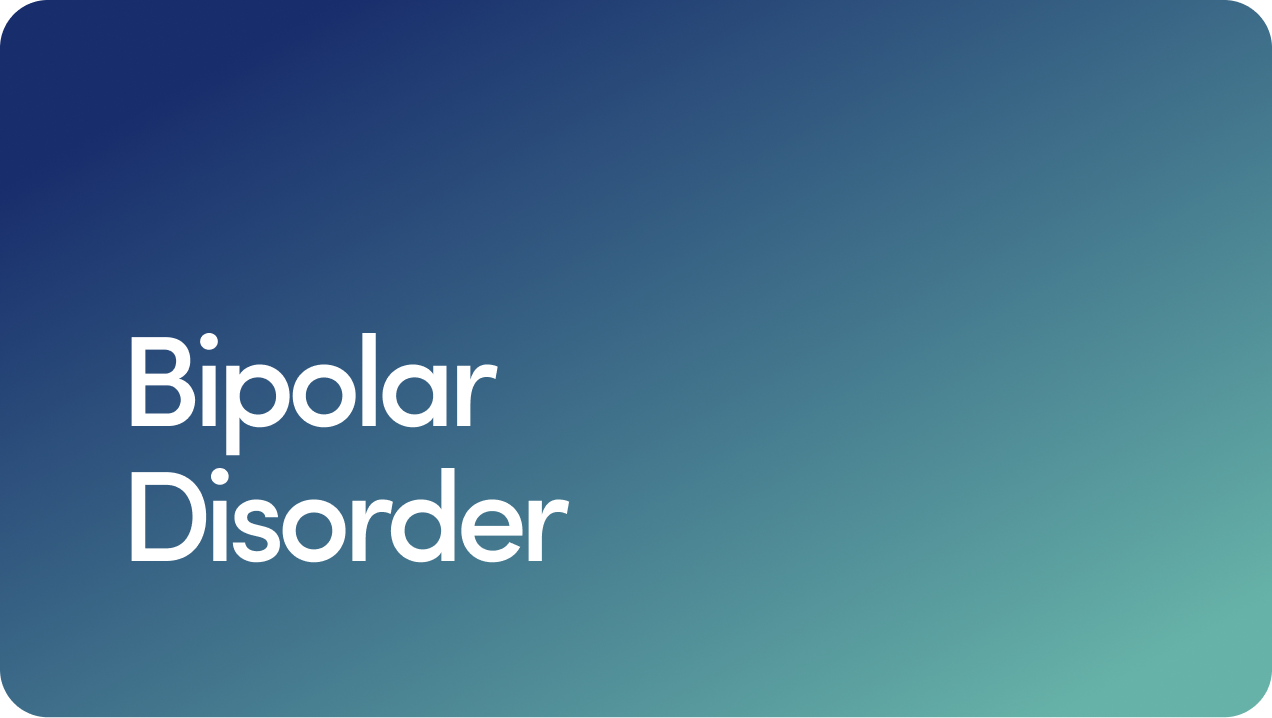 Bipolar Disorder
Bipolar Disorder
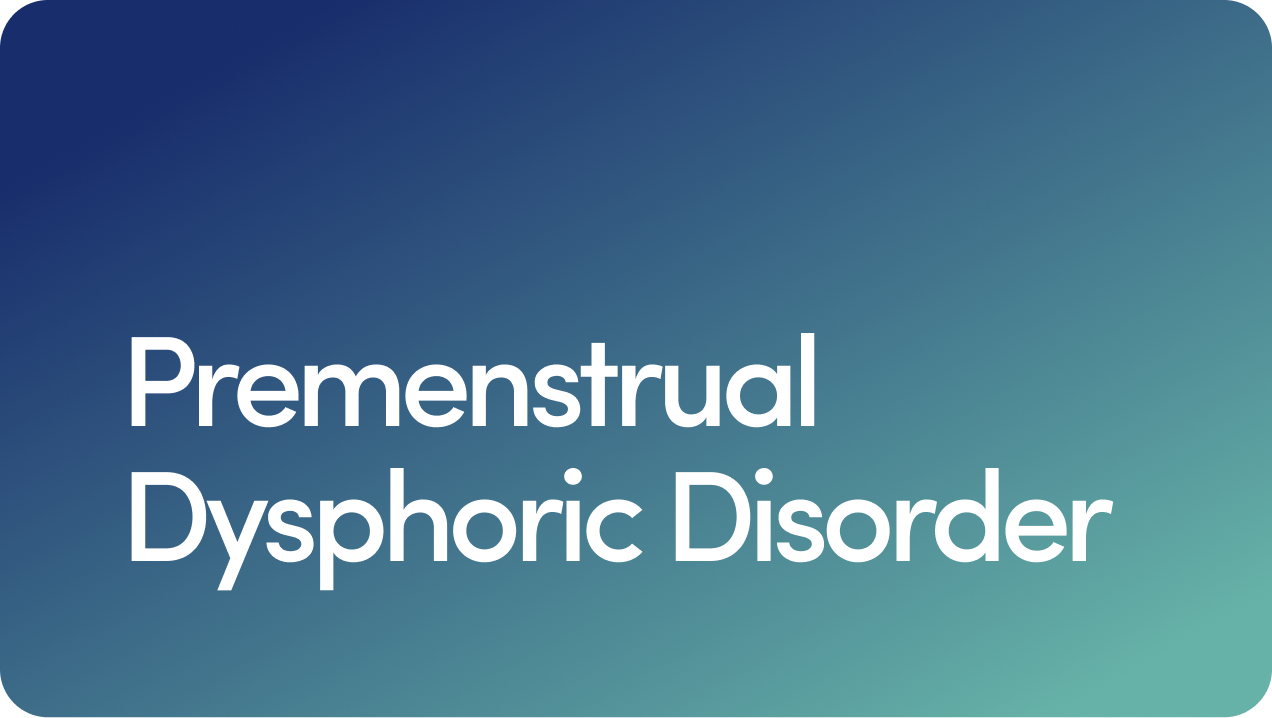 Premenstrual Dysphoric Disorder
Premenstrual Dysphoric Disorder